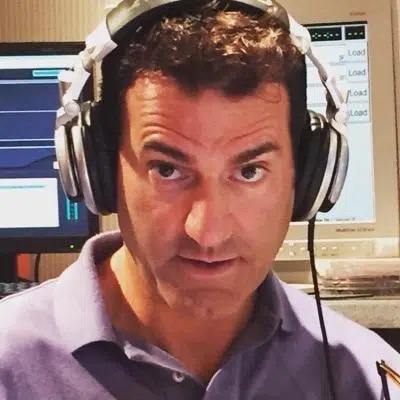LONDON (Reuters) – Euro zone business activity returned to modest growth in July as some curbs imposed to stop the spread of the coronavirus were lifted, but the rebound in the bloc’s dominant service industry was not as sharp as expected, a survey showed.
More than 18 million people have been diagnosed with the virus globally but amid signs the pandemic was being contained in much of Europe, governments have allowed more businesses to reopen.
The bloc’s economy contracted a record 12.1% last quarter, data showed on Friday, while a July Reuters poll predicted 8.1% growth this quarter as businesses begin to return to some sort of normal.[ECILT/EU]
Wednesday’s final Composite Purchasing Managers’ Index (PMI) from IHS Markit, seen as a good indicator of economic health, bounced to 54.9 in July from June’s 48.5, ahead of the 54.8 flash estimate. It had been below the 50 level separating growth from contraction for four months.
“Euro zone service sector business activity rebounded in July to grow at a rate not exceeded for over two years,” said Chris Williamson, chief business economist at IHS Markit.
“France and Germany enjoyed especially strong gains though renewed growth was also recorded in Spain and Italy as COVID-19 containment measures continued to be relaxed.”
Overall demand increased and optimism improved but – likely of concern to policymakers – firms again cut headcount sharply. The employment index held below breakeven at 46.5, albeit better than June’s 43.2 reading.
As people ventured out to bars and restaurants, the services PMI rose to 54.7 from 48.3, its highest since September 2018 but short of the 55.1 flash reading.
While purchasing managers were more optimistic about the year ahead, the services business expectations index was below the long-run average at 59.4, although up from June’s 56.7.
“Whether the recovery can be sustained will be determined first and foremost by virus case numbers, and the recent signs of a resurgence pose a particular risk to many parts of the service sector, such as travel, tourism and hospitality,” Williamson said.
(Reporting by Jonathan Cable; editing by John Stonestreet)




